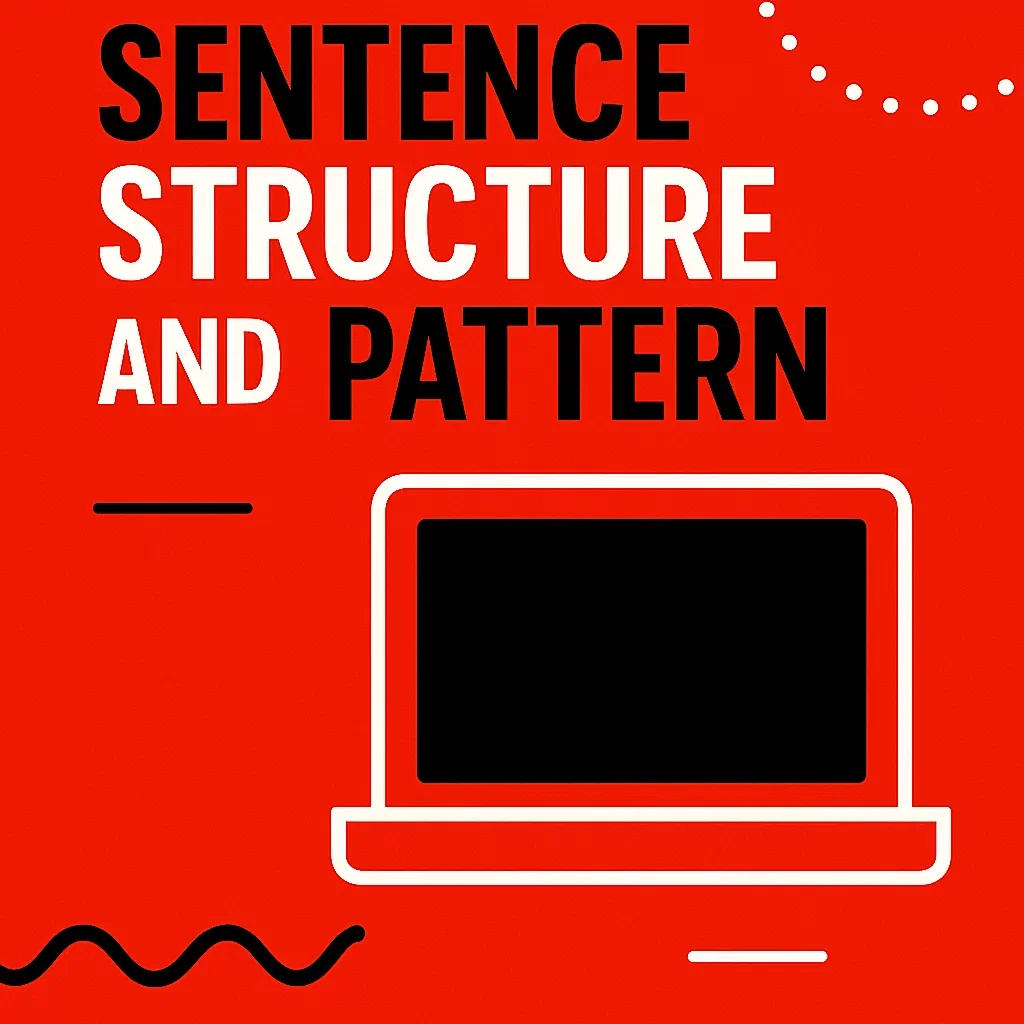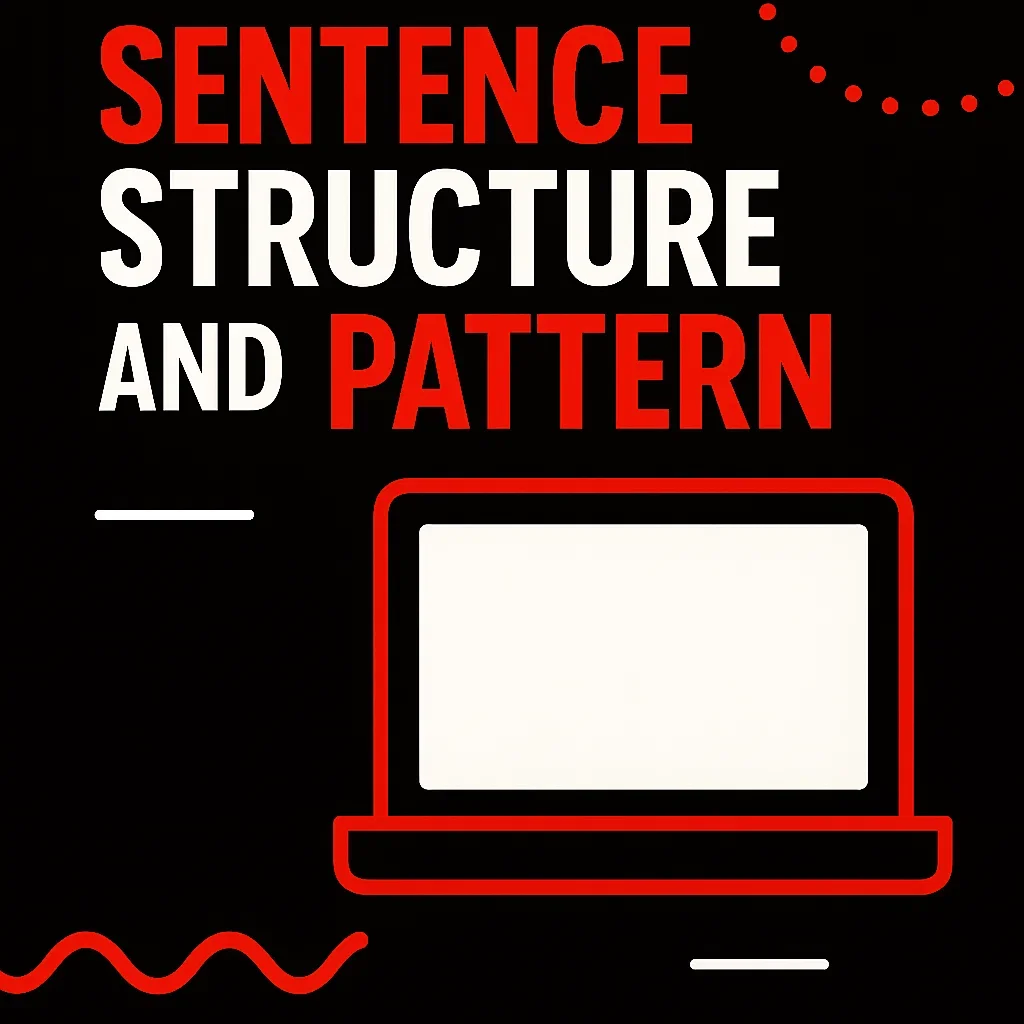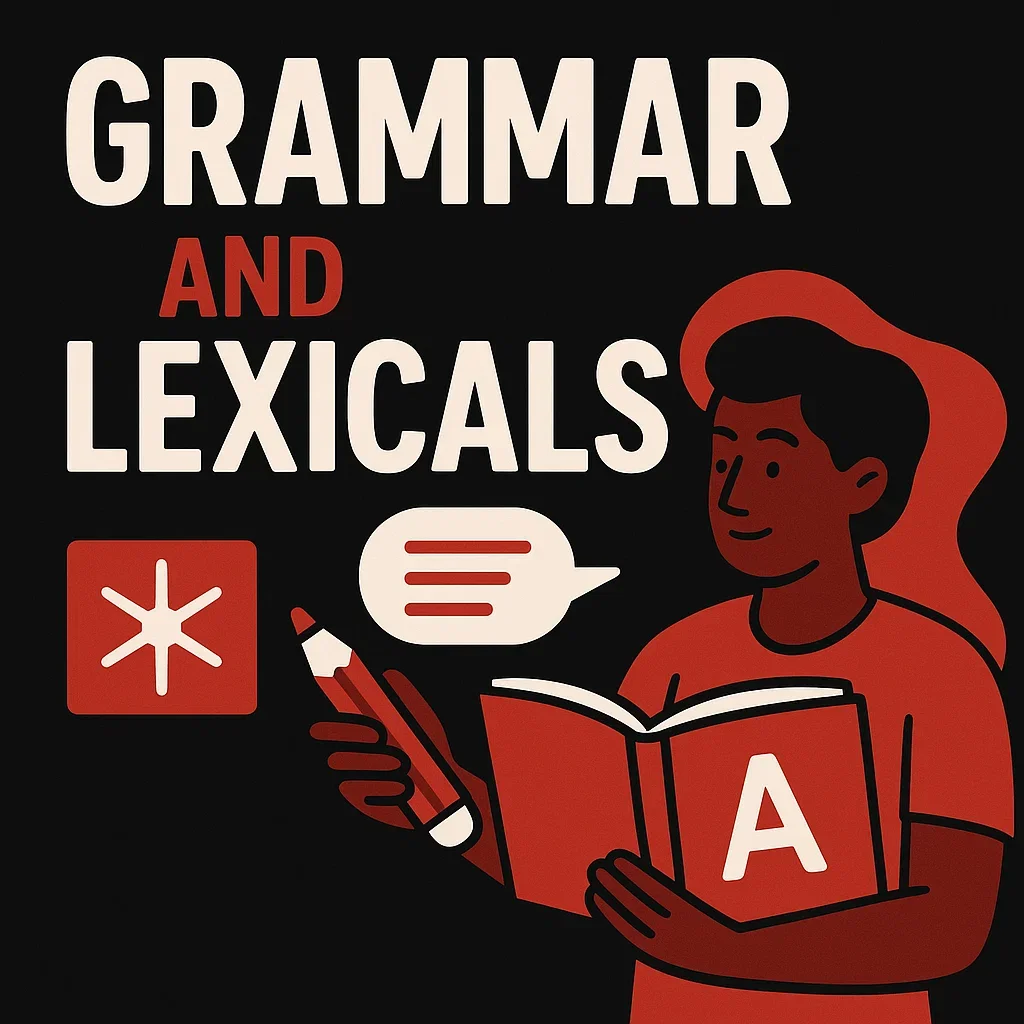Reviews and Open Discussions on Beginner’s Level taught by Uzoma Veer
This post is set to “Public View,” so anyone with a link can view it. Feel free to share with others.
Watch a recording of Session 18 from our free Igbo language class held on Zoom below ↓
Quick recap
The meeting focused on teaching basic language skills, including alphabet recitation, counting, and keyboard familiarity, with discussions on tonal markings and greetings in the language. Participants learned about number systems, time expressions, and color names, while exploring the linguistic structure of the language through sentence formation and pronoun usage. The session emphasized the importance of proper pronunciation, natural language usage, and context understanding, with instructions for continued practice and review of key concepts.
Next steps
All students to review and memorize the 4 key Igbo language concepts discussed: tone marks, numbers 1-10, basic greetings, and color names
All students to watch the previous recorded classes videos for additional practice
All students to practice pronunciation of letters and numbers using the provided videos
All students to join the intermediate level class for further language study
All students to focus on speaking with proper Igbo tone and mouth openness
All students to review the 8 letters with diacritical marks
Session Summary Notes
Alphabet and Number Practice Session
Uzoma led a session on alphabet recitation and counting, helping Ogonna and Data practice identifying and pronouncing letters and numbers. They discussed the total number of alphabets, which Ogonna confirmed as 36, and Uzoma demonstrated how to type special characters on a keyboard. The session aimed to improve participants' familiarity with the alphabet and keyboard layout.
Tonal Markings in Language
Uzoma discussed the importance of tonal markings in language, particularly focusing on how they help with pronunciation and distinguishing between words. They explained that tonal markings can change the meaning of words, and demonstrated this through examples. Uzoma also mentioned that they would be covering more on this topic in future classes, and encouraged Ogonna to ask any questions if they had any doubts.
Basic Language Greetings and Expressions
The meeting focused on learning and discussing basic greetings and expressions in Igbo language. Uzoma explained various greetings, including morning greetings like "Ibolachi" and goodnight greetings like "Kachifo." They also covered the use of other expressions to indicate seeing someone later. The discussion aimed to provide a better understanding of the cultural and linguistic aspects of these greetings.
Counting Basics in Igbo Language
Uzoma and Ogonna discussed the basics of counting in Igbo language, focusing on numbers one to ten and how they are formed using conjunctions like "na" for "plus." He explained that numbers beyond ten, such as eleven, are expressed as "ten plus one." Uzoma also mentioned the concept of "Iri na ato" for numbers like thirteen and the use of "na" in numbers. Data asked about alternative words for "one hundred," and Uzoma clarified words that can be used instead of "Nari." Uzoma encouraged learners to review class videos for a refresher on the concepts covered.
Time Expressions in Igbo Language
Uzoma led a discussion on time expressions in Igbo language, explaining how to say numbers and times. He covered various ways to describe time, including different terms for evening and night. Uzoma also explained how to express minutes, such as "five minutes to" or "past" times. The group practiced using these expressions and discussed Igbo language's lack of a specific way to distinguish AM and PM.
Color Names and Origins
The class discussed color names and their origins, establishing that colors are often named based on their appearance and characteristics. They learned that primary colors can be combined to create secondary colors, such as green from blue and yellow, and that some colors have multiple names or descriptive terms. The discussion also covered how shades of colors can be described as lighter or darker.
Pronouns and Sentence Structure
Uzoma discussed the concept of pronouns, explaining how they replace nouns in sentences and can refer to people, places, or things. He mentioned that in the next class, they would focus on the structure of sentences and how to form them.
Igbo Language Sentence Structure Basics
Uzoma led a discussion on Igbo language structure, explaining how to form basic sentences with subjects, actions, and objects. He demonstrated examples using Igbo words and emphasized the importance of speaking Igbo naturally rather than literally. Amanambu asked about the role of "na" in sentences, which Uzoma confirmed functions as a preposition, illustrating this with relevant examples.
Igbo Language Speaking and Writing
The meeting focused on language instruction, particularly on speaking and writing in Igbo. Uzoma discussed the tonal nature of the Igbo language and emphasized the importance of paying attention to tone and context when communicating. Data suggested that students should focus on remembering 4-5 key points from each class. Uzoma concluded by summarizing two main takeaways: the tonal aspect of Igbo language pronunciation and the importance of context in understanding messages.
Number Concepts and Pronunciation Training
Uzoma discussed the importance of understanding and memorizing numbers from one to ten, as well as the concept of lightweight groups, and emphasized the need for correct pronunciation to facilitate writing and speaking. Uzoma also mentioned the need to follow through with pronunciation exercises to improve accuracy. Amanambu inquired about the classification of certain groups, and Uzoma clarified the distinction between different families and their equipment.
Meet Your Instructor
Uzoma Veer is a creative professional and founder of Veepress Integrated Services. Passionate about purposeful design and communication, Uzoma works as a UI designer, social media manager, Igbo tutor, translator, creative writer, and public speaker.



















